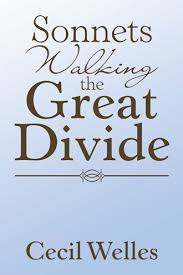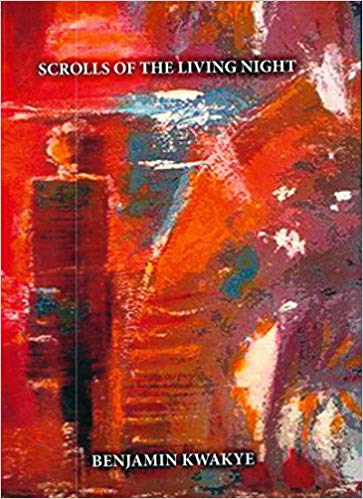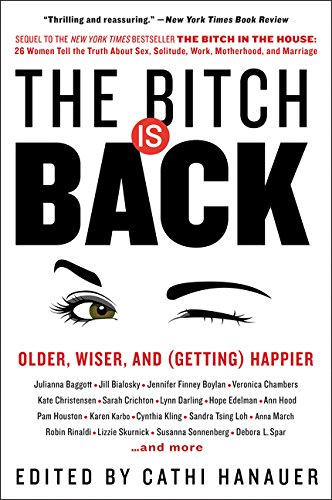You must be logged in to post a review.
Sonnets Walking the Great Divide

$4.99
Most of us are familiar with sonnets through William Shakespeare’s work. Those poems were my first introduction to that particular form of poetry, and, to be perfectly honest, when someone asks me to think of a sonnet, my mind springs automatically to that most familiar: “Shall I compare thee to a summer’s day?” Because of this association between sonnets and a centuries-dead man, the form is often seen to be archaic, and it isn’t often that anyone tries to challenge it. After all, sonnets aren’t the sort of poems that allow for much freedom. On the contrary: they have a very strict structure, and sometimes it seems the only freedom allowed is between English and Italian style sonnets.
However, sonnets don’t necessarily need to be revived through being drastically changed, nor does the language used to write them need to be archaic to match the time period we know them from. In fact, a skilled writer can find a great deal to write about while remaining within the form of a sonnet, and Cecil Welles has done a phenomenal job at bridging the divide between the sixteenth century and the twenty-first.
Each of the sonnets in this collection illustrates some aspect of Welles’s skill with words, and narrowing down which to mention in this review was difficult, but there were a few which stood out to me. One of the first poems, “Sanctuary,” gives the reader the image of a “Quaker gun,” a clever use of oxymoron that makes the reader pause for a moment. The next few lines explain the phrase, but not every such moment is so neatly tied up, and thus the poems become something of a puzzle, inviting the reader to linger over the words and attempt to draw out not only Welles’s intended meaning but some new meaning of their own. Other poems, such as “Chances” and “Girl-Child” show the poet’s skill at imagery, and throughout the collection he uses the sorts of literary devices we all learned (and some – myself included – forgot) in English class to great effect. My personal favorite was his use of the slant rhyme, as a pet peeve of mine is when poets have obviously forced two lines to rhyme. Instead of using unfitting words in an attempt to have rhyming quatrains, Welles uses words that almost rhyme to produce the same effect without making his poems feel simplistic.
Sonnets Walking the Great Divide is easily the best collection of sonnets I have read lately. Each poem is fresh and interesting, and together they make for a refreshing read.
| Author | Cecil Welles |
|---|---|
| Star Count | /5 |
| Format | eBook |
| Page Count | 107 pages |
| Publisher | AuthorHouse |
| Publish Date | 2017-Feb-10 |
| ISBN | 1978405182017 |
| Bookshop.org | Buy this Book |
| Issue | May 2017 |
| Category | Poetry & Short Stories |
| Share |





Reviews
There are no reviews yet.